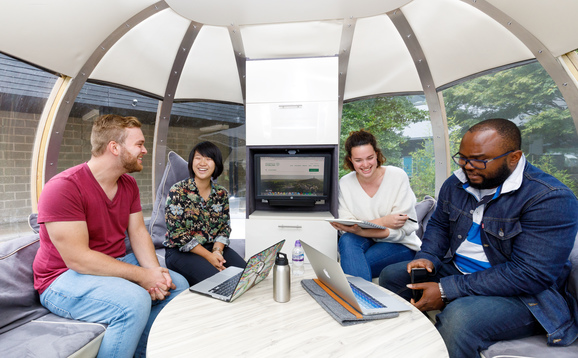MSc Gender and Diplomatic Practice — not available
Sorry, MSc Gender and Diplomatic Practice is no longer available to study but we have lots of other great courses you might like.
Browse our subject areas
Learn more about our areas of expertise and see what other subjects might interest you.
Why Stirling?
Find out more about what makes Stirling a great place for Masters study and how we'll help to boost your career prospects.


